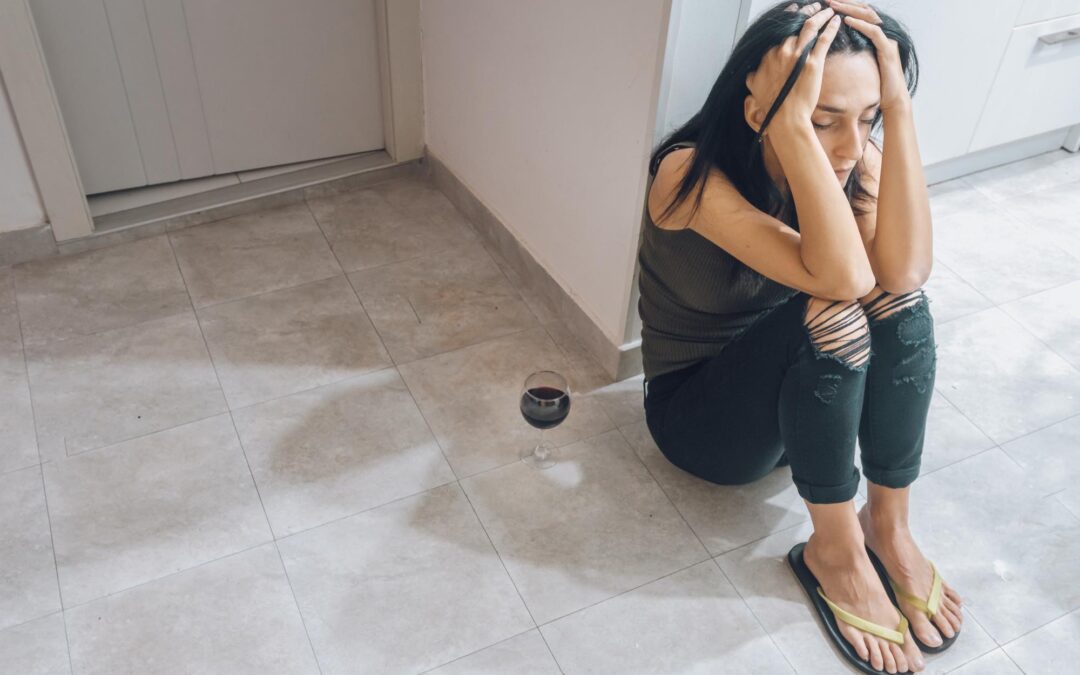Substance abuse is often misconstrued as a solitary battle, yet its ripples extend far beyond the individual, deeply affecting the family unit at its core. The intricacies of addiction can lead to profound disruptions in family dynamics, altering relationships and communication patterns in ways that may seem irrevocable. When one member suffers from addiction, the entire family undergoes a silent transformation, often taking on roles and burdens unintended for them. It’s crucial to recognize substance abuse as a comprehensive family issue rather than isolating it as the afflicted individual’s sole challenge.
Addressing substance abuse within the context of family dynamics, relationships, and communication is not only necessary for the individual’s recovery but also for the healing and well-being of the entire family. As we delve into these themes, it’s important for families to understand the various roles they may unconsciously adopt and how these roles can either hinder or aid the recovery process.
Understanding the Impact of Substance Abuse on Families
The shadow of substance abuse extends to every corner of the family structure, distorting roles, dynamics, and relationships. In a household grappling with addiction, family members often, unknowingly, assume specific roles that shape their interactions and affect the family’s overall health. These roles, while adaptive in nature, can lead to dysfunctional patterns that hinder the recovery process and perpetuate the cycle of addiction.
Examples of Distorting Roles
- The Enabler: This family member often shields the individual with addiction from the consequences of their actions in an attempt to maintain peace and normalcy. However, enabling behavior can prevent the loved one from facing the reality of their addiction and seeking the help they need.
- The Hero: Typically a child or sibling, the hero tries to compensate for the chaos caused by addiction by being overly responsible, successful, and attentive. While their achievements may bring a sense of pride and normalcy, this pressure can lead to stress and burnout.
- The Scapegoat: Often reacting to family stress by acting out, the scapegoat diverts attention from the person with addiction, unknowingly allowing the addictive behavior to continue without confrontation.
- The Mascot: Using humor or mischief to lighten the family’s mood, the mascot masks the severity of the situation and their own pain, preventing meaningful family communication and addressing the real issues at hand.
- The Lost Child: Quiet and withdrawn, this family member escapes the family’s attention by becoming inconspicuous, often neglecting their own needs and emotions in the process.
Recognizing these roles is the first step toward healing and restructuring a healthier family dynamic. Families must learn to communicate openly, express their needs and emotions. Moreover, learn to set healthy boundaries. Engaging in family therapy or support services can provide the tools and guidance necessary for understanding and addressing the complexities of addiction within the family context.
For families looking to navigate these challenges, resources and support are available. Advanced Addiction Center’s Family Support Services offer specialized programs designed to heal the family unit, providing a pathway to recovery and resilience in the face of substance abuse.
Communication Barriers and Breakdowns
Substance abuse not only disrupts the physical health of an individual but also infiltrates the foundational communication channels within a family, leading to profound misunderstandings and misinterpretations. The cycle of addiction breeds an environment of mistrust, as promises made by the afflicted individual are frequently broken, and secretive behaviors become commonplace. This secrecy is often a coping mechanism to hide substance abuse, but it significantly erodes the trust foundation necessary for healthy family relationships.
Additionally, emotional detachment becomes a significant barrier. Individuals suffering from addiction may withdraw emotionally from family interactions to avoid confrontation or due to feelings of shame and guilt. This detachment can leave family members feeling isolated and helpless, further straining the family’s communication.
To overcome these barriers, families must adopt new communication strategies:
- Practice Active Listening: Show genuine interest in the feelings and thoughts of each family member, without immediately jumping to solutions or judgments.
- Use “I” Statements: Encourage expressing feelings and thoughts using “I” statements (e.g., “I feel hurt when…”) to reduce defensiveness and promote understanding.
- Set a Regular ‘Family Time’: Establish a regular schedule for family discussions where each member can express their feelings and updates in a safe, non-judgmental environment.
- Seek Professional Guidance: Engaging in family therapy can provide a neutral ground for all members to express their feelings and learn healthy communication techniques.
- Educate Yourselves: Understanding the nature of addiction can help family members communicate more empathetically. Visit Understanding Addiction for more information.
Strategies for Families to Support a Loved One in Recovery
Supporting a loved one in recovery from substance abuse is a multifaceted effort that involves education, boundary-setting, shared healing, and self-care.
Here are practical strategies families can implement:
- Educate Yourself About Addiction: Knowledge is power. Understanding the psychological, physical, and emotional facets of addiction can help families develop compassion and patience. complexities.
- Set Healthy Boundaries: Establish clear, consistent boundaries regarding acceptable behavior and consequences for actions. Boundaries protect both the individual in recovery and the family members from falling into enabling or codependent behaviors.
- Attend Family Therapy: Family therapy offers a space for all members to heal, communicate, and grow. It’s a platform for addressing unresolved issues, improving relationship dynamics, and learning how to support each other effectively.
- Practice Self-Care: Supporting a loved one in recovery can be emotionally draining. It’s essential for each family member to engage in activities that replenish their mental, physical, and emotional energy.
- Encourage Sobriety-Focused Activities: Participate in activities together that do not involve substances, fostering a healthy lifestyle and strengthening family bonds.
- Celebrate Milestones: Acknowledge and celebrate the milestones of recovery, no matter how small. This reinforces positive behavior and highlights the value of the recovery effort.
- Develop a Support System: Encourage your loved one to build a support system outside the family, including recovery groups and sober friends. Simultaneously, family members should also seek support for themselves, through groups like Al-Anon or individual therapy.
- Maintain Open Communication: Keep the lines of communication open. Encourage honest dialogue about feelings, progress, and setbacks. Open communication fosters a supportive environment conducive to healing and recovery.
By employing these strategies, families can create a supportive, understanding environment that encourages recovery and rebuilds the trust and communication that substance abuse may have eroded. The journey may be challenging, but with patience, love, and support, families can navigate the path of recovery together, fostering a healthier and more cohesive family dynamic.
External Resources and Support Systems
Navigating the complexities of a loved one’s substance abuse can feel isolating, but numerous external resources are available to provide support and guidance for families:
- Al-Anon Family Groups: A worldwide fellowship program for families and friends of alcoholics, Al-Anon offers a supportive community where individuals can share their experiences and learn from others who have faced similar challenges. Visit Al-Anon Family Groups for more information and to find local meetings.
- SAMHSA’s National Helpline: The Substance Abuse and Mental Health Services Administration offers a confidential, free, 24/7, 365-day-a-year treatment referral and information service (in English and Spanish) for individuals and families facing mental and/or substance use disorders. Reach out to SAMHSA’s National Helpline at https://www.samhsa.gov/find-help/national-helpline or call 1-800-662-HELP (4357).
- The National Association for Children of Addiction (NACoA): NACoA is committed to helping children impacted by parental addiction. They provide resources, education, and support for both children and their caregivers. Learn more at NACoA’s website.
These resources can offer crucial support and information to help families navigate the recovery process more effectively.
Substance abuse undeniably casts a long shadow over family dynamics
By understanding, compassion, and communication can be powerful beacons of hope. Families facing these challenges must remember they are not alone. By educating themselves about addiction, setting healthy boundaries, seeking external support, and maintaining open lines of communication, they can create a nurturing environment conducive to recovery.
Finally, if your family is navigating the challenges of substance abuse, remember, help is available. The Advanced Addiction Center provides resources, support, and treatment options tailored to meet the needs of individuals and families affected by substance use disorders. For more information and to explore how we can assist you on this journey, contact us directly. Together, we can pave the path toward recovery and healing.








